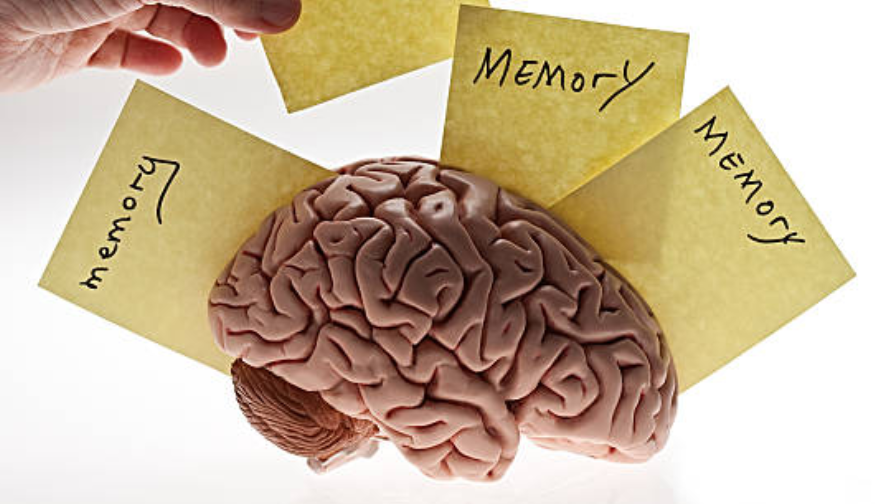Here are some markers for having a good memory.
Quickly learning, retaining, and recalling new information. Remembering dates, numbers, and events comes naturally, without struggle.
- Recalling past events with vivid detail.
- Rarely needing reminders for tasks or commitments. For example, you can recall your shopping needs without writing them down.
- Remembering past event details when your peers cannot.
- You easily create mnemonics* to help recall events.
Also, there are memory tests you can take, like the Wechsler Memory Scale or online tools such as MemTrax, Cambridge Brain Sciences. These measure short-term, long-term, and working memory by recalling sequences or patterns.
Luck does not seem to be a factor involved with memory. Of course, you can get a test answer correct because of luck, but this is not memory per se. As well, you can be surprised you recall some fact, but again, this is not luck.
——————————————-
*Mnemonics are memory aids that help recall information by creating mental connections or associations. Examples include using acronyms like "HOMES" for the Great Lakes, or rhyming mnemonics like "Thirty days hath September, April, June, and November". Other examples include visual mnemonics like associating numbers with objects, or peg method mnemonics like using a pre-memorized list of words as a sequence to hang other information on.

Comments
Post a Comment
Please Comment.